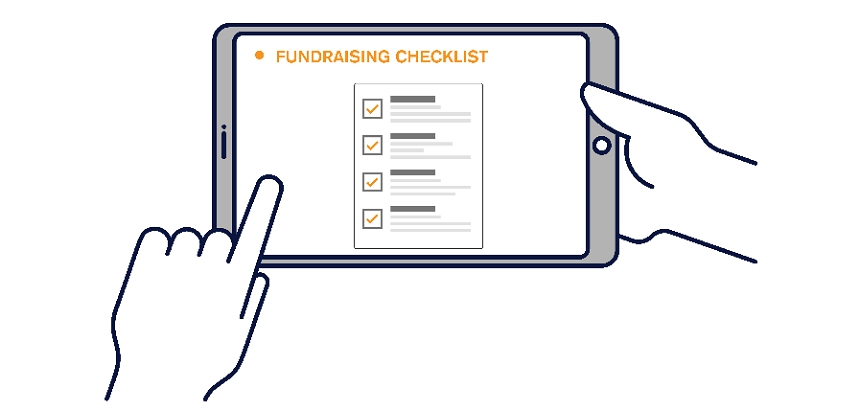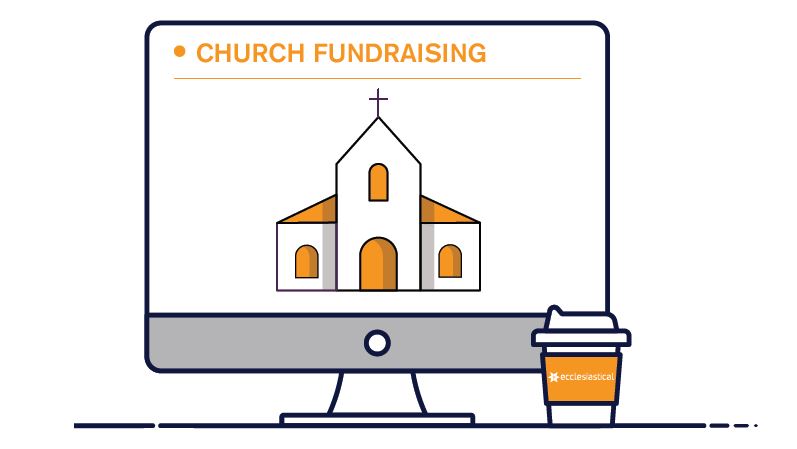List of grant funders for churches
A collated list of the top funders that support churches and are currently offering grants.
After researching possible funders and grants for your church, use this checklist to identify some key points to consider before making an application.

There are a number of key factors that need to be in place for success in funding applications. We have developed a simple checklist to help you identify some of the steps you may need to take before you start applying for grants.
This checklist will help you and your church to respond to potential questions from funders be on the front foot and be confident about your plan.
You may not have each point completed or started. For example, you may not be in a position to give a fully developed fundraising plan, but if you have agreed the basic principles, and decided what action you will take to develop this plan, then you will be in a much stronger position to apply for a grant.
Once you have gone through the checklist, you may want to create a timeline grid to address key areas that you or your church want to focus on. This grid can include actions for volunteers who have agreed to help with your fundraising efforts. An example is shown here, which shows that you may need to act fast to meet some funders' deadlines for emergency funding:


This guidance is provided for information purposes and is general and educational in nature. Nothing constitutes legal advice. You are free to choose whether or not to use it and it should not be considered a substitute for seeking professional legal help in specific circumstances. Where links are provided to third-party sites and resources, these links are provided for your information only. Ecclesiastical is not responsible for the contents of those sites or resources.
